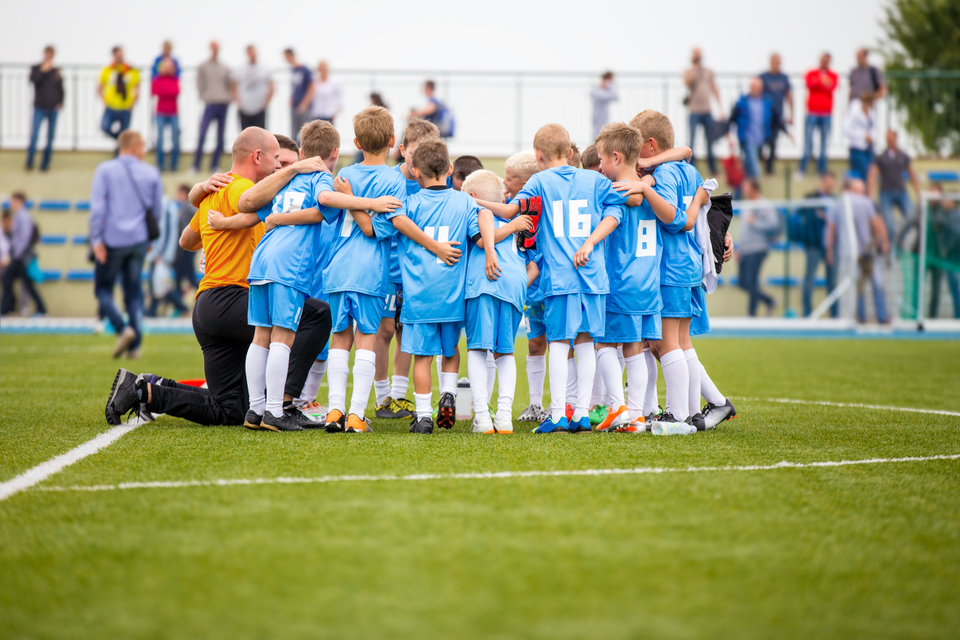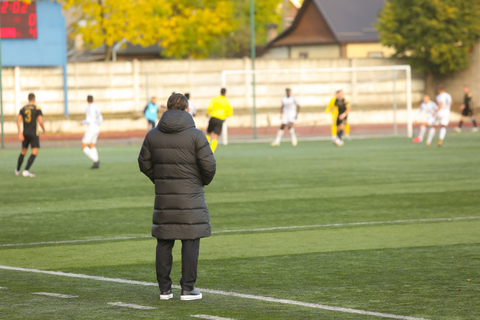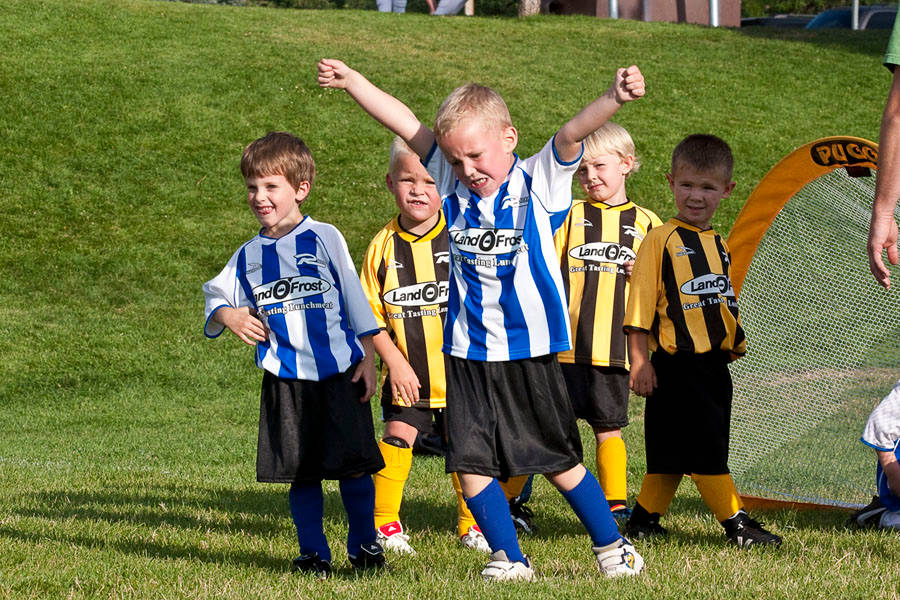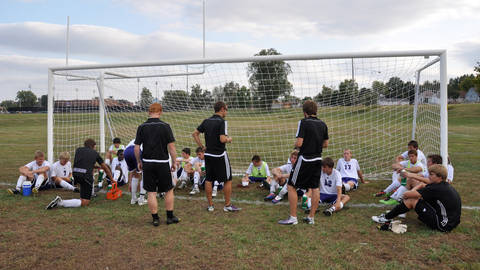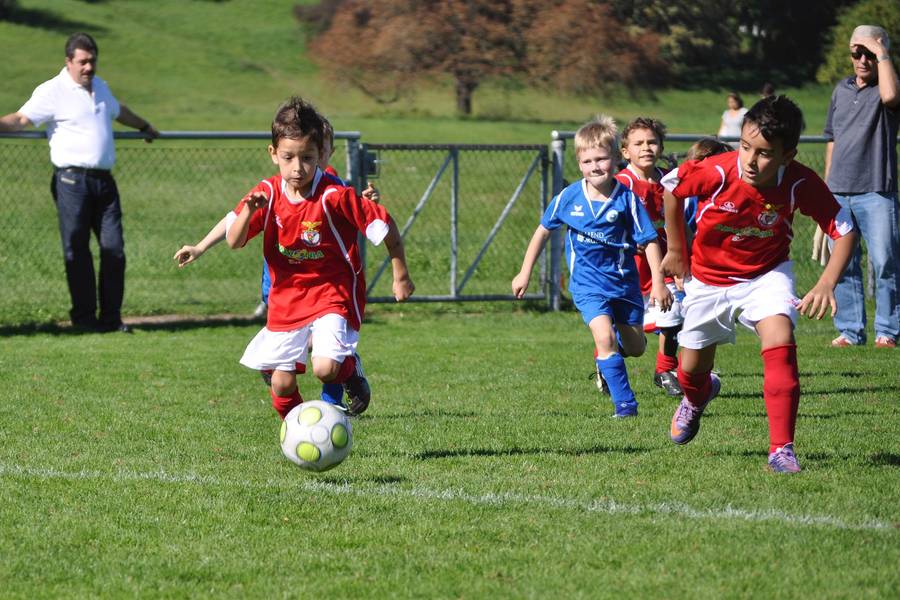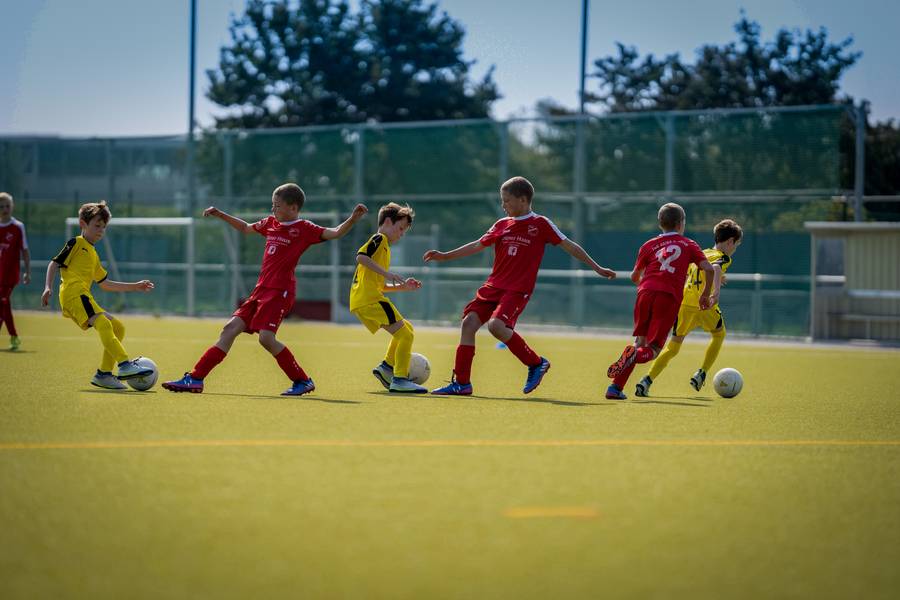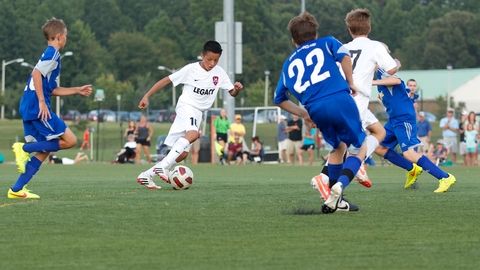
My daughter recently changed schools bringing with it a whole new morning routine including a change to walking to school every morning.
She therefore meets by default the school’s initiative for a "Walk to School Week".
This initiative is designed to promote physical activity and combat the growing issue of childhood obesity.
The public health message is crystal clear; parents must play a more active role in their children's health, and one effective way to achieve this is by encouraging them to walk to school.

Given the alarming rise in childhood obesity rates, the school's call for parents to consider walking instead of relying on cars is both commendable and necessary.
It's crucial to recognise that inactive children face difficulties in learning and physical development.
Walking to school offers kids an opportunity to have fun, enhance their balance and coordination, and enjoy physical activity.
This issue isn't limited to school journeys; it extends to physical education classes, which often provide limited opportunities for movement and hands on learning-by-doing.
While initiatives like Walk to School Week are essential, they cannot single-handedly address the physical activity void that many children face.
Lots of kids spend time sitting at home playing video games and are more bothered about their fc24 coins than actually playing football.
Families often turn to post-school and weekend sports to ensure their children get the exercise they need which brings more and more young players to junior football.
However, in my role as a junior football coach, I long suspected that we don’t maximise the actual football experience and spend an excessive amount of time on other distractions so I was recently interested to see the results of a survey of activity times for junior players involved in grassroots football activity.
Over 60 parents of children aged 7-11 participating in team football across England kept a note of their child’s activity levels in relation to their game day experience.
The survey aimed to gain insights into the typical experiences of children attending football games on weekends.

The data allowed for a snapshot of the average football experience for primary school aged children in grassroots football and explored the time spent travelling to games, time spent before kick-off active e.g.warm ups and non-active e.g. listening to team talks, playing time, time off the field as a substitute and journey time home.
The key takeaway was that on average children spent four minutes of their weekend for every minute they played on the field.
Astonishingly, three-quarters of children spend more time on 'Game Day' being inactive in seats than they did actually playing the game.
The children involved were primarily in the under-8 or under-9 age group, and as adults responsible for facilitating their football experience, should we be concerned about this imbalance between sitting and playing?
Back in the day, children could head to a local park for hours of uninterrupted play, but does the modern system fall short in fostering active, enjoyable, and effective football experiences for kids?
To keep children physically active and enhance their learning in team football, should we be considering changes to the current system?
Does creating a competitive league system for children align with their needs as young learners and movers?
Do we need to send them travelling so far to play football at such young ages? (Journey time in my local Junior League is anything up to 1 hour).
Of the 56 children in grassroots football surveyed, only one walked to games, while the rest relied on cars for transportation.
This leaves kids from families without a car facing limited options.
Importantly, three-quarters of children attending junior team football bring along non-playing siblings as there is often no one else to look after them.
These siblings are often left bored or idle, sitting for a substantial portion of their weekend, which is far from ideal.
It's no wonder that we witness significant drop-out rates in organised football among ages 11-16 when children and families experience such a stark contrast between sitting and playing.
When given the choice, fewer 15-year-olds want to spend their weekends travelling extensively for minimal playing time.
Parents also become less willing to act as taxi services once they realise their child won't "make it" and want their weekends back.
It's essential to remember that a child's football journey is a marathon, not a sprint.
For many families, getting their child picked for an Academy or Centre of Excellence is a moment of joy and pride.
They see it as a recognition of their child's skills and dedication.
However, this survey also looked at the experiences of boys at a Championship Academy and an FA-run Girls' Centre of Excellence, and the results were eye-opening.
For a primary-school-aged girl in a Centre of Excellence or a boy in an Academy, it's normal to spend six minutes of weekend time for every one minute of football playing time.
The Academy boy's commitment includes an average of three hours of travel per week, which can be much more on away days, especially for parents who cannot drive.
They have to rely on the club's transportation.
Children from such families spend over four hours sitting for less than an hour of football.
Is it ethically sound to treat 8 and 9-year-olds this way? The dream of professional football is indeed significant, but very few make it to the top.
Along the way, we should prioritise the child's real needs.
Even if our sole aim is to produce great young footballers, the current league system in elite children's football appears illogical and inefficient.
As coaches, we often wish we had more time to work with children each week.
We make difficult choices about what to teach them, given the limited time available for technical practice and gamerelated learning.
If we used children's time more effectively, we would have more of it than we think.
Football families give up between two and five hours of their weekends for this sport.
If we could start over, how should we arrange this time to benefit children the most?
It's a question worth considering for the sake of their health, happiness, and development.

